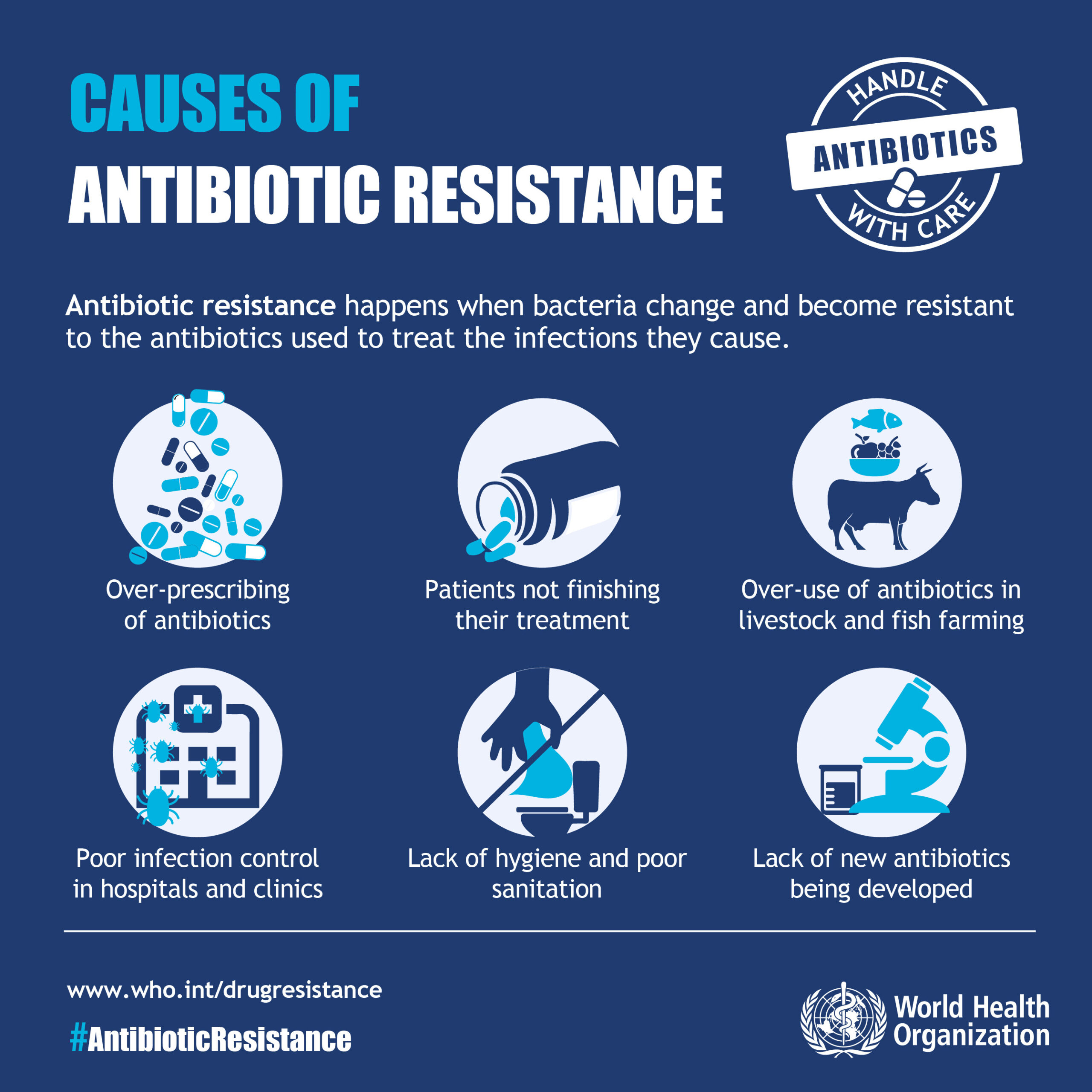McDonald’s is cutting back on the use of antibiotics in beef. Basically the company will no longer use beef from cattle that has been administered antibiotics.
McDonald’s took the step over concerns that the overuse of antibiotics in livestock, may reduce their effectiveness for people who consume McD’s products.
The world’s largest fast food chain is now the the biggest beef buyer to address the issue of antibiotics use in livestock.
The company hopes that they will lead through example, serving as a standard for other beef buyers.
David Wallinga, a senior health adviser for the environmental group Natural Resources Defense Council, believed this move could affect livestock production and drugs sales.
“McDonald’s iconic position and the fact that they’re the largest single global purchaser of beef make it hugely important.”
McDonald’s has already done the same for chicken
The food chain already stopped using chicken meat that used antibiotics. In turn, many other restaurants and meat companies did the same. Due to the sheer size of McDonald’s franchises around the world, its initiative can end up influencing farm practices.
McDonald’s will now track the use of antibiotics in meat. The company will measure the dosage and usage in ten of its biggest markets.
The company has set targets to curb the use of antibiotics by the end of 2020. As much as 10 markets amount to 85% of the company’s global beef supply chain.
Antibiotics Use in Food Products is not recommended
According to the World Health Organization (WHO), the use of medically important antibiotics to routinely prevent disease in livestock is one of the biggest causes of antibiotic resistance.
McDonald’s policy is now in line with WHO’s findings. It is suspected that curbing the use of antibiotics in livestock for the meat supply chain may raise their price. The Big M disagrees, and mentions that their franchisees set their own menu prices.
Franchisees operate about 90 percent of McDonald’s restaurants, Lauren Altmin, a spokesperson for McD said.
ALSO READ
Student Biryani Opens Its Second Branch in Australia
Causes of Antibiotic Resistance
The Animal Health Institute though supports the “judicious” use of antibiotics in combating diseases in livestock.
It should be pertinent to mention here that the Animal Health Institute represents pharmaceutical companies. The institute said that pharma corps are developing alternatives. Lack of development of new antibiotics is another major cause for antibiotic resistance.

Elanco spokeswoman Colleen Parr Dekker said only a small portion of the drug makers portfolio includes medically important feed-grade antibiotics. She said that there are no effective alternatives for these drugs.
“It is important to ensure that policies do not move faster than science.”
Bob Smith, an Oklahoma-based cattle veterinarian for Veterinary Research and Consulting Services, believes that the lack of alternatives keeps farmers dependent on drugs.
“We will need those medically important antibiotics in meat production for a long, long time……We want to use those wisely.”








